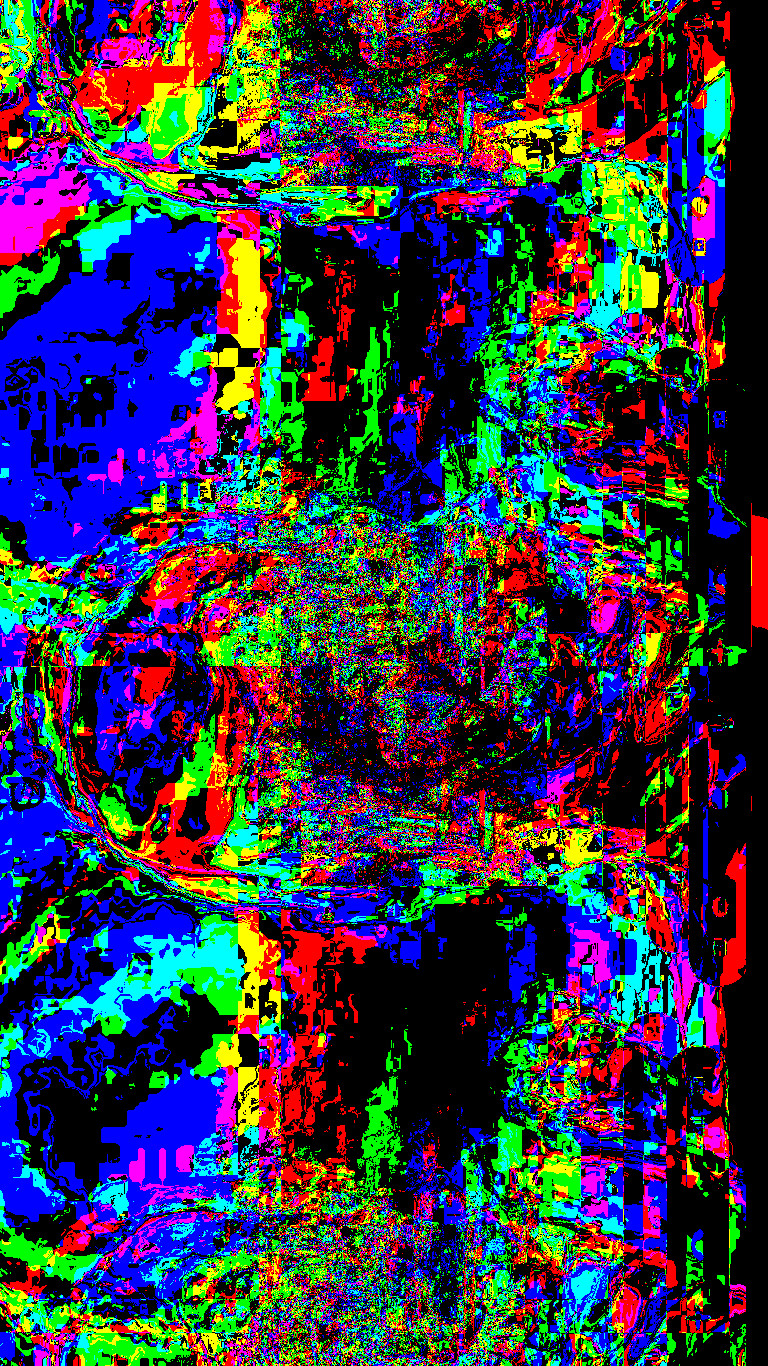revew: Belarus Free Theatre – Burning Doors
Burning Doors/
Belarus Free Theatre/
Contact/
10-12/10/2016//
A hanging uses a body’s own weight against it. With the right length of rope measured according to the weight of the subject the neck can be broken and death near instantaneous. Two nooses hang on the set of Belarus Free Theatre’s Burning Doors. Bodies are suspended from them flung around stretched contorted as the earth pulls them taut. Bodies in Burning Doors are tools for engendering their own exhaustion through repetitive physical exertion or sustained stress.
Edward Bernays begins his 1928 work, Propaganda, with ‘The conscious and intelligent manipulation of the organized habits and opinions of the masses is an important element in democratic society.’ The first chapter of this book is titled ‘Organising Chaos’ and in it Bernays advocates for the use of propaganda as an advertising method – effectively to the end of streamlining the mechanisms of the capitalism in place in his contemporary America. Propaganda, to Bernays, is not a sinister means of control, but a tool for revealing to the consumer the needs and the desires of which they were unaware.
Burning Doors is a piece of propaganda. I don’t mean this in a derogatory sense, but as an observation; the piece manipulates the will already in the room, to engage, to feel things. Pavel Haradnitski puts it best when he addresses the audience: ‘You’ve already bought your tickets’. Theatre’s always an act of manipulation right? I’m sure any marketing department will agree it takes a lot of work to get people into their seats to begin with. Maybe that’s the major part of the manipulation. Once that’s done, the job as a theatre maker is to deliver expectations, give the audience vindication for feeling the things they brought in with them. Or not – dissatisfaction can be a tool of influence too, if your intention is to influence the audience at all.
When seeing work by non-British artists, particularly when it has toured internationally, I am increasingly curious to know how the reactions of audiences differ from state to state. For my part, I feel there is a great sense of international guilt to be exploited in a British audience. There is a gap, between the company and this audience: a political gap, a gap in language (the piece is performed in what I assume is a mix of Russian, Belarusian and Ukrainian – possibly more languages, possibly fewer – with surtitles) and a geographical gap. I think British people are pretty eager to feel guilty about things in general.
During a Q&A break which forms part of the performance, Maria Alyokhina is asked whether there is a point at which art ceases to be activism. Belarus Free Theatre’s brand of activism is relentless. Burning Doors comes as a collage of reported experience and textual reference, to Foucault, Dostoevsky, Oleg Sentsov. After the curtain call, the company’s co-founder, Natalia Kaliada comes to the stage to preface the post-show discussion and make it clear that this performance is thoroughly part of Belarus Free Theatre’s ongoing campaign.
In terms of Burning Doors being propaganda, it ends up being subservient to Belarus Free Theatre’s wider campaign and perhaps more than a little impotent as a piece of theatre in its own right. I’m sure this can’t be accidental – it seems a shrewd technique to leave an audience thirsty and then conveniently remind them of ways they can engage with the company’s larger agenda. Which I suppose is just how propaganda is supposed to work. The guilt is there, to be guided to some form of action, whether that’s buying a sofa in the case of Bernays, or sending a postcard to a political prisoner in the case of BFT. In the case of this show I feel like the sense of empowerment offered to us is a little hollow – this isn’t my struggle any more than the casual aggressive interactions of states that manifest all over the world are my problem. I have no agency over those things and I have no agency over this. Maybe I’m too cynical.
There’s an interesting metaphor in the relationship between the weight of bodies being used against them and the hugeness of a state and its accompanying institutions and legal processes. Performers throw themselves at each other to the point of exhaustion, are pushed underwater, flung around like ragdolls. There’s a moment where this hints at the futility of physical violence, the impotence of a police state in the face of a populace who persistently foster dissent. The size of a state can be used against it, perhaps, the size of a population is a source of strength. Torture (and we are seeing scenes as analogues of torture) is only effective against individuals, coerced betrayal can only stop so many. For each Sentsov and Alyokhina in jail, there are hundreds, thousands perhaps outside.
The piece ends with an a capella choral song which is beautiful, performed by the whole company. The surtitles stop at this point – the message is obscured (universalised) and I am aware that I do not know the language(s) they are using. There are a few nods in the production to its liveness, its realness-in-the room, its accidents as a piece of theatre; the presence of Pussy Riot’s Maria Alyokhina and the suddenness of the here-in-the-room Q&A session. But it still feels distant. More than anything else I am made aware of the separateness of the world which this show is about and comes from. I am aware of the narrowness of the avenues that Belarus Free Theatre offer to me to participate in their struggle. I do not know if this awareness is a failure on my part, or theirs, or neither. The world is large and full of horrors and struggle but at least I am a little more aware of a small portion of them.
